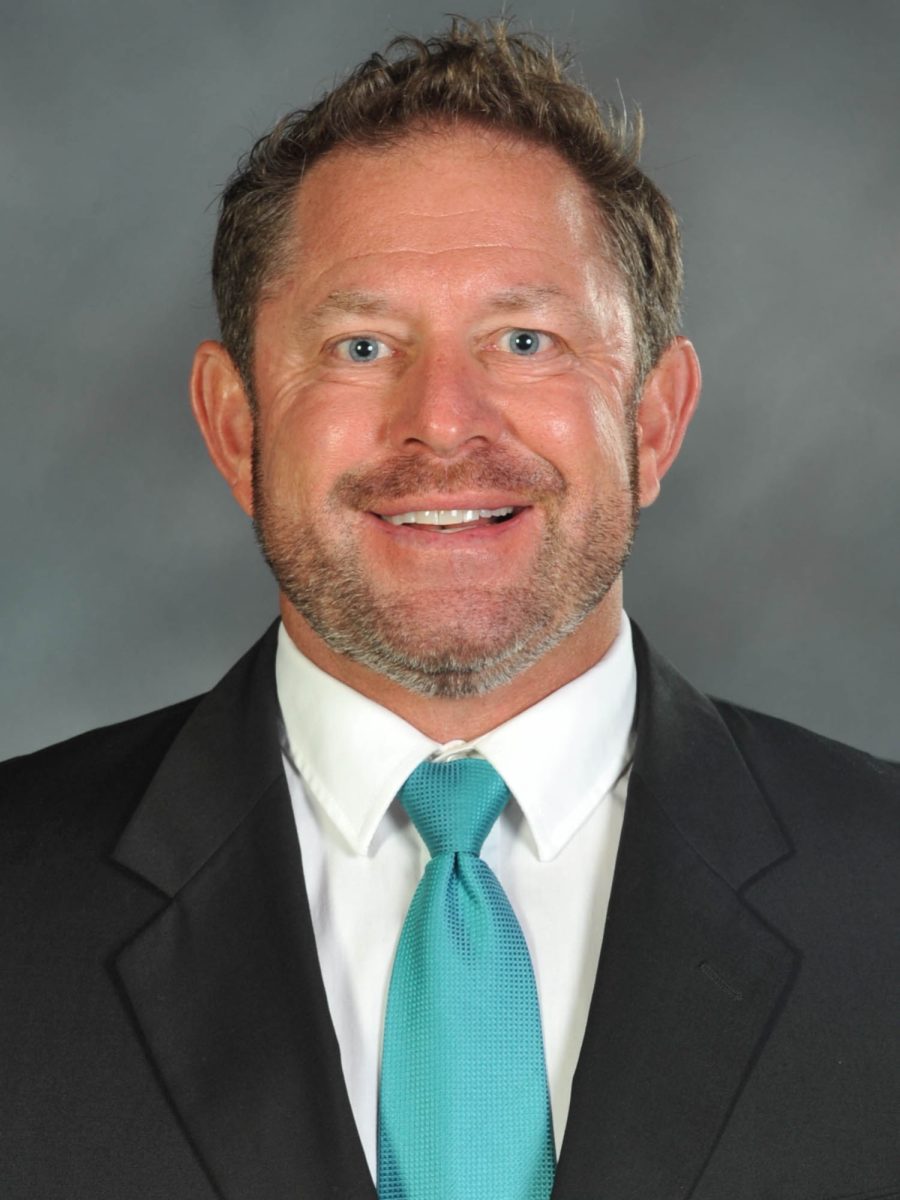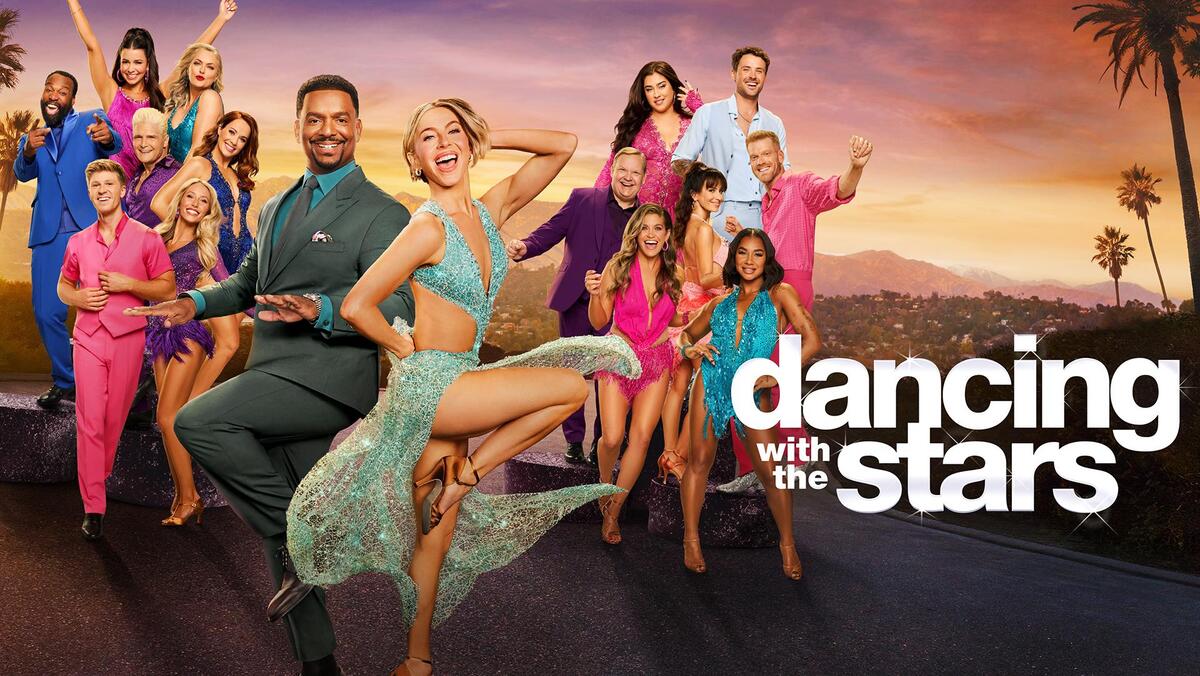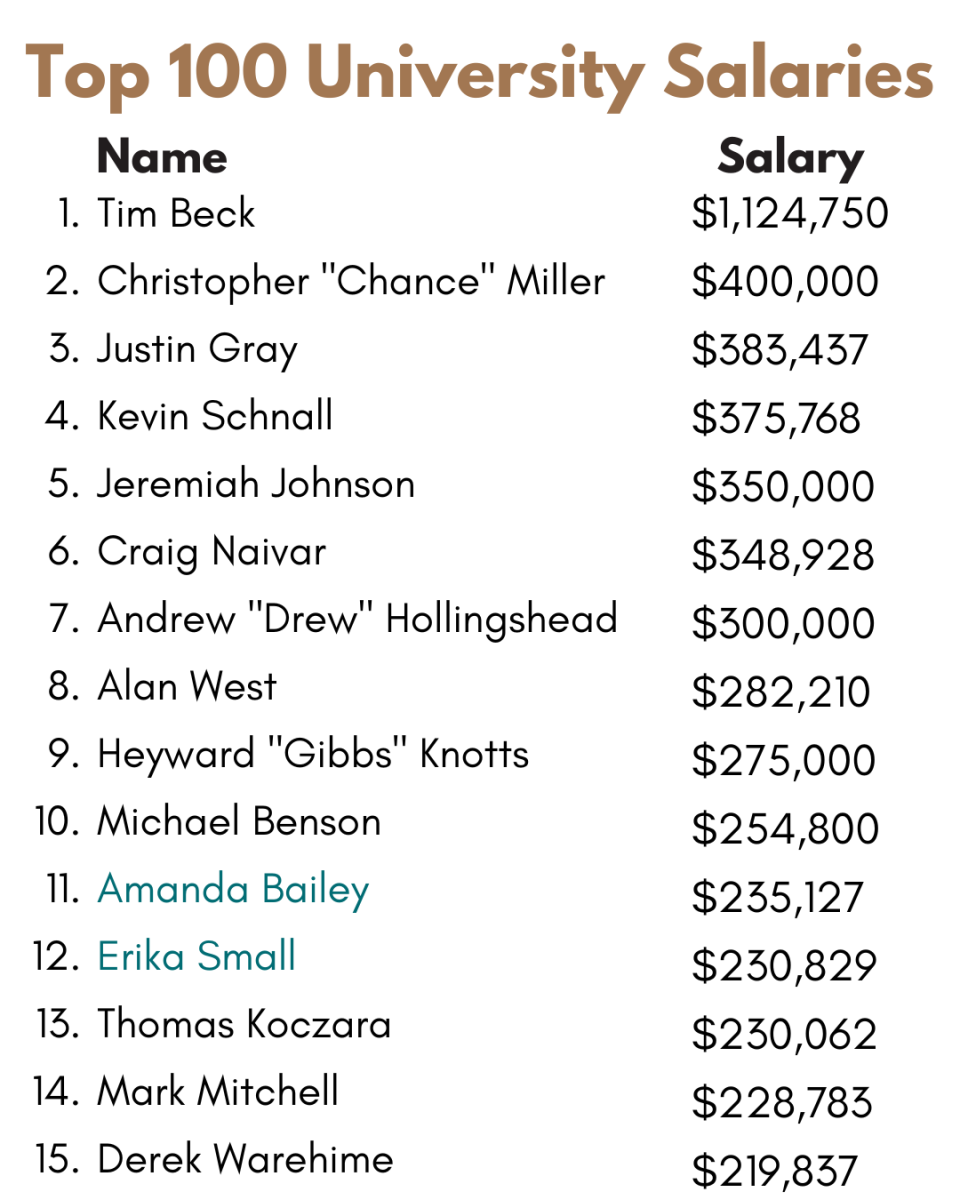As a mostly female editorial staff (Hi Cade), we at The Chanticleer would like to celebrate the excellence of women at Coastal Carolina University, even though Women’s History Month is no longer federally recognized.
To those on campus fighting for programs which promote inclusivity of all people: Thank you. Individuals cannot thrive without the support of community, and community is often built because people had no other place to call home, so they built their own.
It’s disheartening to see identity-based groups under fire time and time again, but we still strive to celebrate all female accomplishments on campus.
Celebrating success should not be comparative. All positions of leadership are noteworthy accomplishments. However, the salary gap is worth mentioning.
The South Carolina Freedom of Information Act requires public institutions to report the salaries of all employees who earn more than $50,000 annually.
At CCU, there are currently 31 women in the top 100 paid positions. This compares to 2024’s total of 33 women and 32 in 2023, as previously reported by The Chanticleer.
Head football coach Timothy Beck makes $1,124,750 a year, according to the state’s Department of Administration state salaries query, making him CCU’s highest paid employee. The top female earner on the list is at No. 11, University Counsel Amanda Bailey, making $235,127 per year.
It’s important to recognize how the market system sets up pay for coaches, creating an unfair market distribution for athletics compared to academics.

The funding for faculty salaries comes from two primary sources: appropriations from the state of South Carolina, and from tuition and student fees. For athletic staff, in addition to athletic revenues, student athletic fees contribute to their salaries.
Athletics are monetarily prioritized over academics, yet women’s athletics receive unproportional funding compared to men’s athletics. Some argue that men’s athletics are prioritized because of the market and profit they offer to universities. But if women’s athletics received adequate funding to continue growing, would there be an incentive to change this perspective?
CCU Reach’s strategic plan describes the guiding vision elements of Coastal’s future. The plan’s learning pillar focus includes enhancing university programs, services and opportunities “to be fully accessible to all.” Additionally, CCU Reach keystones include growth in university financial resources.
This isn’t putting the blame on Coastal, but this should be an incentive for CCU to continue to make inclusive efforts in their hiring processes and funding distribution.
With the removal of diversity, equity and inclusion programs and offices in public institutions nationwide, a result of President Donald Trump’s executive orders, this may hinder those efforts. The university must make these changes to receive federal funding.
The Chanticleer will continue to amplify unheard voices and shine a light on those who are making differences here on campus. We celebrate diversity even when our government refuses to.
See the full list of the top 100 paid employees at Coastal Carolina University. The query does not specify any employees outside of the gender binary:

















